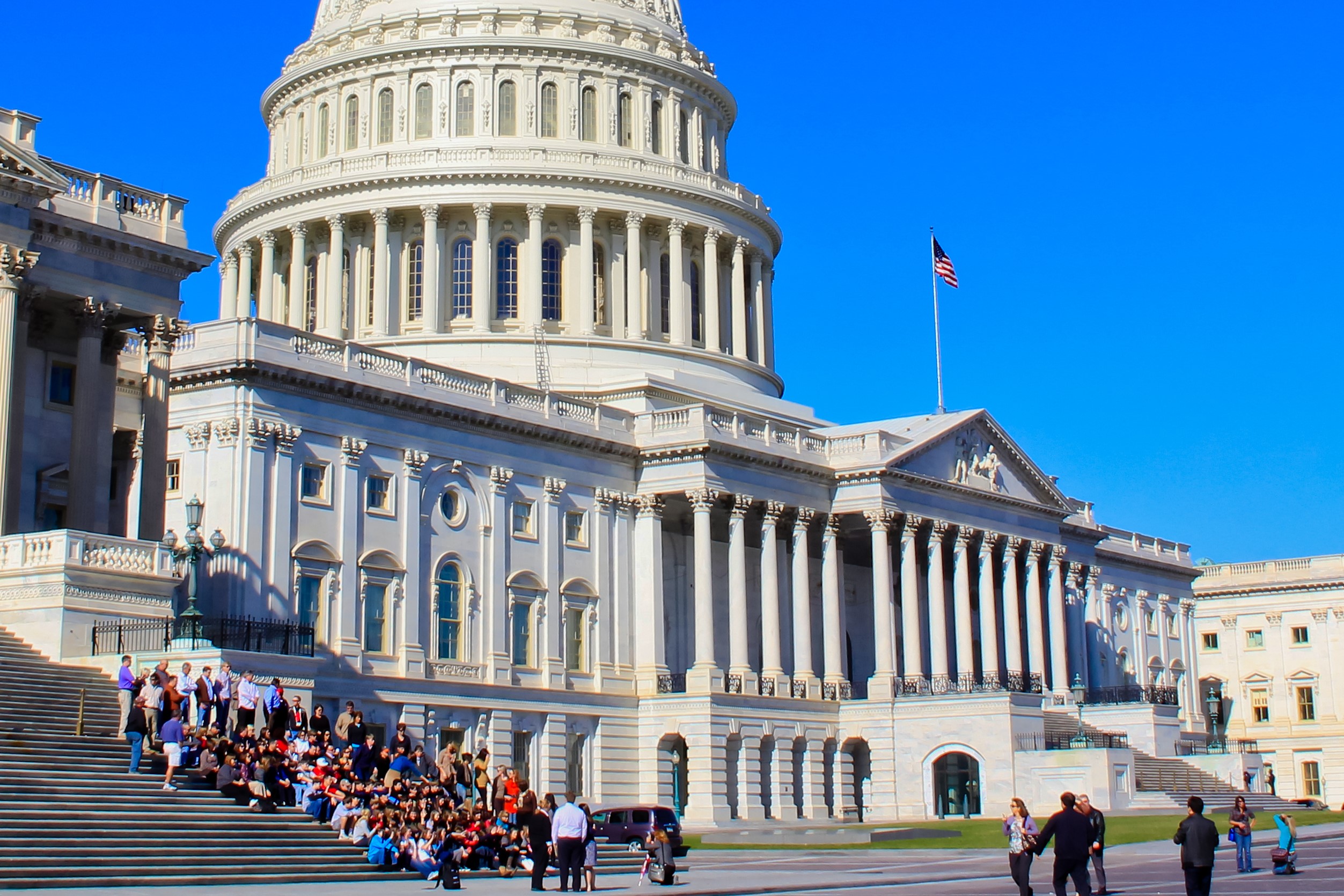By Makenna Graves
Our great nation is currently facing a major problem. Students are lacking a basic knowledge of our nation’s history, of self-governance, and why it is important to be involved in our democratic process.
A 2016 study from the American Council of Trustees and Alumni (ACTA) titled “A Crisis in Civic Education” highlights this problem. When citizens were asked “to identify the rights guaranteed by the First Amendment, one-third of Americans could not name a single right; 43% could not even name freedom of speech as one of those rights.” Their study also showed that “almost 60 percent of college graduates failed to identify correctly a requirement for ratifying a constitutional amendment.”
The underlying problem leads to the push for STEM subjects (science, technology, engineering, and mathematics) in our schools. The growth of the STEM field has led to an abandonment of classic liberal education. While STEM is an important and growing field, basic civic and historical education should not be abandoned. There needs to be a balance, and here’s why.
The lack of civic education creates an uninformed citizenry. An uninformed citizenry creates uninformed and misguided voters. It contributes to a lack of voter turnout, skewed election results, and a lost understanding of the Electoral College.
Voting is an important action citizens can take to have their voices heard. If someone does not like the way their representatives are voting to shape their community, they can use their own vote to change that. Throughout history, voter turnout has shown to have dramatic results on elections. If students are taught from a young age that their vote matters, then they will be more likely to vote. This needs to be continually taught in schools.
Students should also be informed of the Electoral College, a system that stands up for the little guys. Our Founding Fathers established it so that the popular vote, which could very well be the most-favored candidate in high-populated areas like New York and California, would not overshadow the votes of many other states with lower populations. If a proper civic education is brought back to American schools, we will see a better understanding of this system so crucial to our governance, and therefore, less noise over the debate to abolish it.
American citizens cannot properly participate in our government when they lack the basic knowledge civics and history courses offer. A civic education provides knowledge of our government as well as fostering an appreciation for those who paved the road before us. It also teaches how to preserve the rights to “life, liberty, and the pursuit of happiness” which are so precious to America’s posterity.
In order to ensure these rights, we must teach students the importance of liberty, America’s exceptionalism and our founding principles. Many citizens of our nation do not understand that America is the greatest experiment in self-governance. Before the United States of America, no nation allowed citizens of every class to participate in government. When our Founding Fathers decided to break away from Great Britain, they were committing treason. They crafted and signed the Declaration of Independence despite this because they saw the importance of each individual’s right to live and worship freely. As we live our lives in 2019, the experiment continues. A reemphasis on civic education would deepen this appreciation for the great American experiment.
The lack of civic education also contributes to an inability for healthy political discourse. Discussions about hot button issues can be effective and positive if both parties are well-studied. It is not uncommon to see debates about say, health care or immigration, turn ugly because neither side is listening, understanding the points of the other, and diving deeper into the underlying problems of such systems. A civically-minded person is more prepared to debate issues with a level head and a deeper understanding of the structure of our government. While a personal opinion on an issue is important, there should always be the thought of, “How can I, my party, and the collective solve this issue while advancing the ideals and rights of an American citizen?”
Every political issue should be framed in a way that values the life of America. Ronald Reagan once said, “Freedom is never more than one generation away from extinction. We didn’t pass it to our children in the bloodstream. It must be fought for, protected, and handed on for them to do the same.” If we do not heed this warning, we could lose freedom.
In order to protect our nation, civic education should be reemphasized in every school, college, and university. Every student should be required to take civics and history classes to deepen their appreciation for America. Our great nation offers us many choices and freedoms that can be easily neglected without proper knowledge and understanding. We must fight for our liberty, protect it, and pass it on. Hopefully hundreds of years from now, the American tree of liberty will still stand for new generations to enjoy, love, and will continue to grow for those who come after them.

